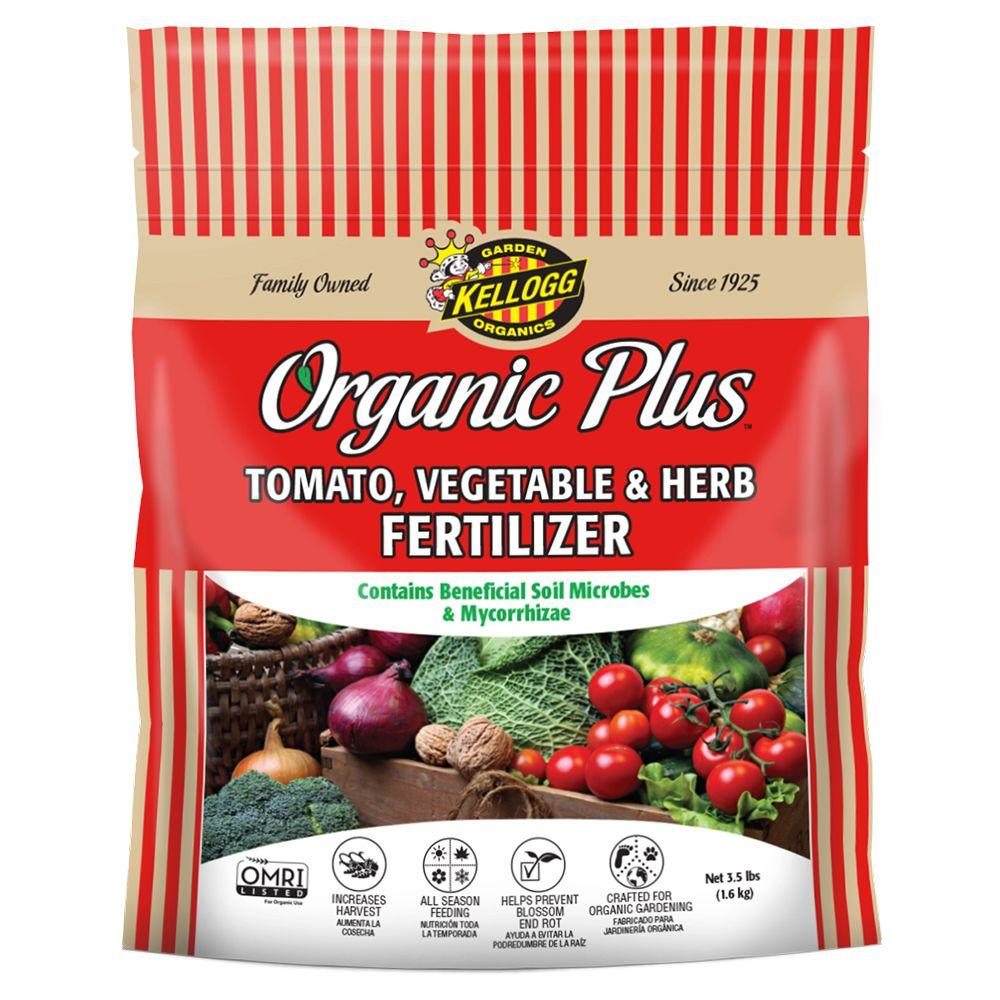Best Organic Fertilizers for Home Gardening: Nurturing Your Green Thumb Naturally

Gardening is more than just a hobby; it's a labor of love. Imagine your garden as a bustling ecosystem, where every plant, insect, and microbe plays a crucial role. Just like a well-fed team performs better, your garden thrives when nourished with the best organic fertilizers. But with so many options, where do you start? Let's dive into the world of eco-friendly, nutrient-rich organic fertilizers that will transform your DIY gardening journey.
Why Choose Organic Fertilizers for Your Home Garden?
Organic fertilizers are like the superfoods of the soil world. They enhance soil health, promote microbial activity, and provide a slow, steady release of nutrients. Unlike synthetic fertilizers, which can be likened to a quick sugar rush, organic fertilizers offer a balanced diet that nourishes your plants over time. Plus, they're eco-friendly, reducing the risk of chemical runoff and pollution.
Top Organic Fertilizers for Home Gardening
Compost: The Gardener's Gold
Compost is the holy grail of organic fertilizers. It's a rich, dark, crumbly substance made from decomposed organic matter. Think of it as nature's recycling system. Kitchen scraps, yard waste, and other organic materials break down to create a nutrient-rich soil amendment that improves soil structure, retains moisture, and feeds your plants.

Making your own compost is a rewarding DIY gardening project. It's as simple as layering browns (like leaves and straw) and greens (like grass clippings and food scraps), adding water, and turning the pile occasionally. For a detailed guide, check out the EPA's composting tips.
Manure: Harnessing Nature's Power
Manure from herbivores like cows, horses, and chickens is a fantastic source of nutrients for your garden. It's like giving your plants a hearty, home-cooked meal. Manure improves soil structure, increases water retention, and provides essential nutrients like nitrogen, phosphorus, and potassium.
Before applying manure, it's crucial to compost it first. Fresh manure can burn plants and may contain harmful pathogens. Composting manure kills these pathogens and creates a stable, nutrient-rich fertilizer.
Bone Meal: A Calcium and Phosphorus Boost
Bone meal is exactly what it sounds like—finely ground animal bones. It's an excellent source of calcium and phosphorus, which are essential for plant growth and development. Think of bone meal as a vitamin supplement for your plants. It's particularly beneficial for flowering plants, bulbs, and fruit trees.
Blood Meal: A High-Nitrogen Fertilizer
Blood meal is a powder made from dried, ground animal blood. It's one of the richest sources of nitrogen, which is vital for leaf growth and green coloration. Blood meal is like a protein shake for your plants, giving them a quick nitrogen boost. It's ideal for leafy vegetables and nitrogen-loving plants like corn and lettuce.
Seaweed Fertilizer: A Treasure from the Sea
Seaweed fertilizer is a treasure trove of nutrients, containing over 60 trace elements, growth hormones, and vitamins. It's like giving your plants a multivitamin. Seaweed fertilizer promotes plant growth, improves soil structure, and enhances stress tolerance. Plus, it's a sustainable resource, making it an eco-friendly choice.

For more information on the benefits of seaweed fertilizer, check out this study from the University of Florida.
How to Choose the Right Organic Fertilizer for Your Garden
Choosing the right organic fertilizer depends on your garden's specific needs. Consider the following factors:
- Soil Test: A soil test can reveal nutrient deficiencies and help you choose the right fertilizer.
- Plant Type: Different plants have different nutrient requirements. For example, leafy vegetables need more nitrogen, while flowering plants need more phosphorus.
- Soil pH: The pH level of your soil affects nutrient availability. Most plants prefer a slightly acidic to neutral pH (6.0 to 7.0).
Applying Organic Fertilizers: Tips and Tricks
- Timing: Apply organic fertilizers in the spring or fall, when plants are actively growing.
- Amount: Follow the package instructions for application rates. Remember, more is not always better.
- Incorporation: Work the fertilizer into the soil to ensure nutrients reach the roots.
- Watering: Water the soil after applying fertilizer to help nutrients seep in.
Conclusion: Embrace the Power of Organic Fertilizers
In the world of home gardening, organic fertilizers are your secret weapon. They nurture your soil, feed your plants, and respect the environment. Whether you choose compost, manure, bone meal, blood meal, or seaweed fertilizer, you're investing in the long-term health of your garden.
So, are you ready to transform your garden into a thriving, eco-friendly oasis? Your plants are waiting, and the power is in your hands. Happy gardening!
FAQs
What is the best organic fertilizer for vegetables? Compost and manure are excellent all-around organic fertilizers for vegetables. For leafy vegetables, consider blood meal for its high nitrogen content.
Can I use too much organic fertilizer? Yes, over-fertilizing can harm plants and the environment. Always follow package instructions and opt for a soil test to determine your garden's specific needs.
How long does it take for organic fertilizers to work? Organic fertilizers release nutrients slowly over time. You may see results in a few weeks, but the full benefits can take months or even years.
Can I make my own organic fertilizer? Absolutely! Composting is a great way to make your own organic fertilizer. You can also create compost teas or fermented plant juices for a quick nutrient boost.
Are organic fertilizers safe for pets and children? Most organic fertilizers are safe for pets and children once incorporated into the soil. However, some fertilizers, like blood meal, can be attractive to pets and should be stored safely. Always follow safety guidelines on the package.
0 Response to "Best Organic Fertilizers for Home Gardening: Nurturing Your Green Thumb Naturally"
Post a Comment